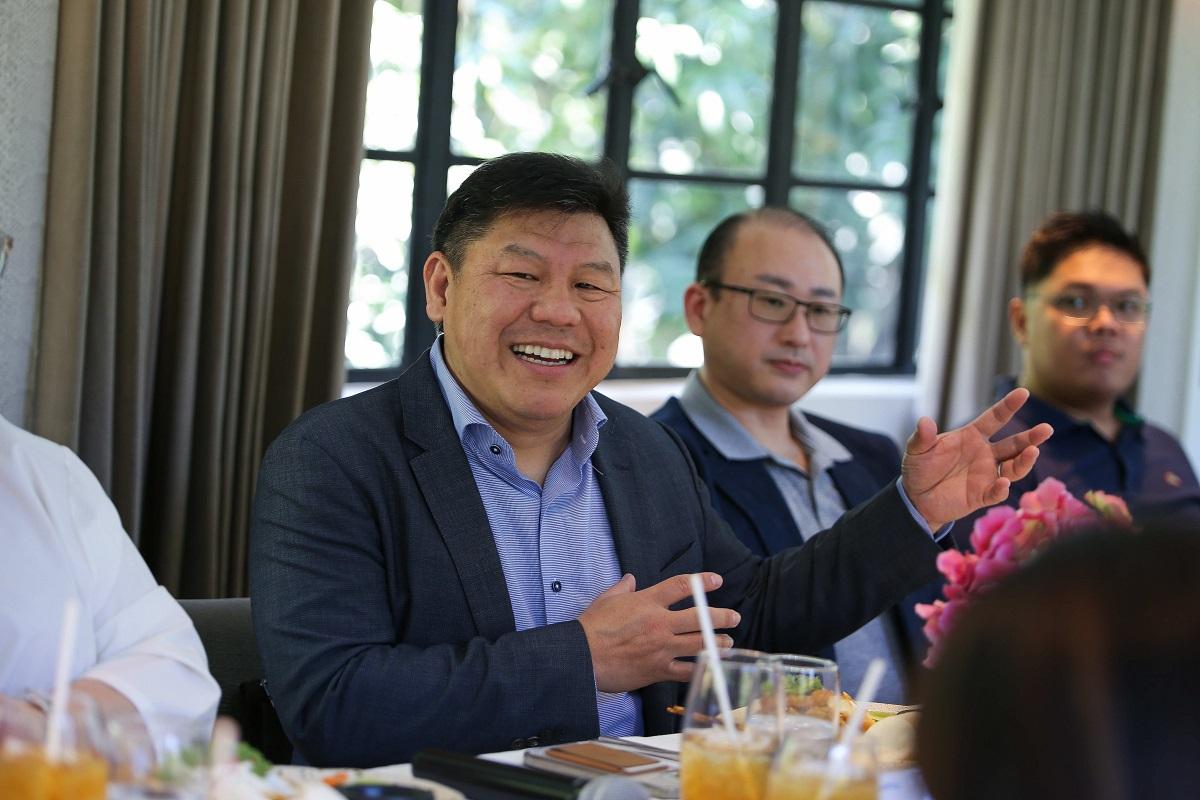BayaniPay launches real estate payment service for OFWs

Financial technology startup BayaniPay on Wednesday launched a new feature that will allow overseas Filipino workers (OFWs) to pay directly to real estate developers for their property investments.
At a press briefing on Wednesday in Makati City, BayaniPay CEO Winstion Damarillo said the company wants to tap into the Philippines’ P1-trillion real estate industry.
Damarillo said 40% of the P1 trillion in properties sold per year are to overseas Filipinos—half of whom are US-based.
“We want to be the corridor from the United States to the Philippines. We see a huge potential in this highly untapped market marked by several barriers for overseas Filipinos,” he said.
“Our partnerships with key industry leaders enable Filipino immigrants to conveniently pay their property investments in the Philippines at zero transaction fees and with competitive exchange rates,” he added.
BayaniPay’s new “Bills Pay” service is powered by Sy-led BDO Unibank Inc.
Damarillo said BayaniPay’s service enables Filipino immigrants to “conveniently pay their property investments in the Philippines at zero transaction fees and with competitive exchange rates.”
He said the new service offers customers monthly auto debit and paying using an eligible funding source so they no longer have to open a separate bank account in the Philippines.
To pioneer the real estate category of the Bill Pay feature, BayaniPay partnered with SM Development Corporation and Ortigas Land Corporation.
Damarillo said the company will expand its partnership with other real estate firms to allow OFW property investors to have ease in paying their monthly amortizations.
In November last year, BayaniPay raised $4.5 million in seed funding from venture capital investors East West Bank, Wavemaker Partners, and Talino Venture Labs.
The investment round positions the fintech startup as the first cross-border, digital financial service for the Filipino American community, which is 4.2 million strong and accounts for $146 billion or 14.4% of the Asian American market in the US—a segment that has been previously underserved by traditional banks and other financial institutions. — BM, GMA Integrated News




